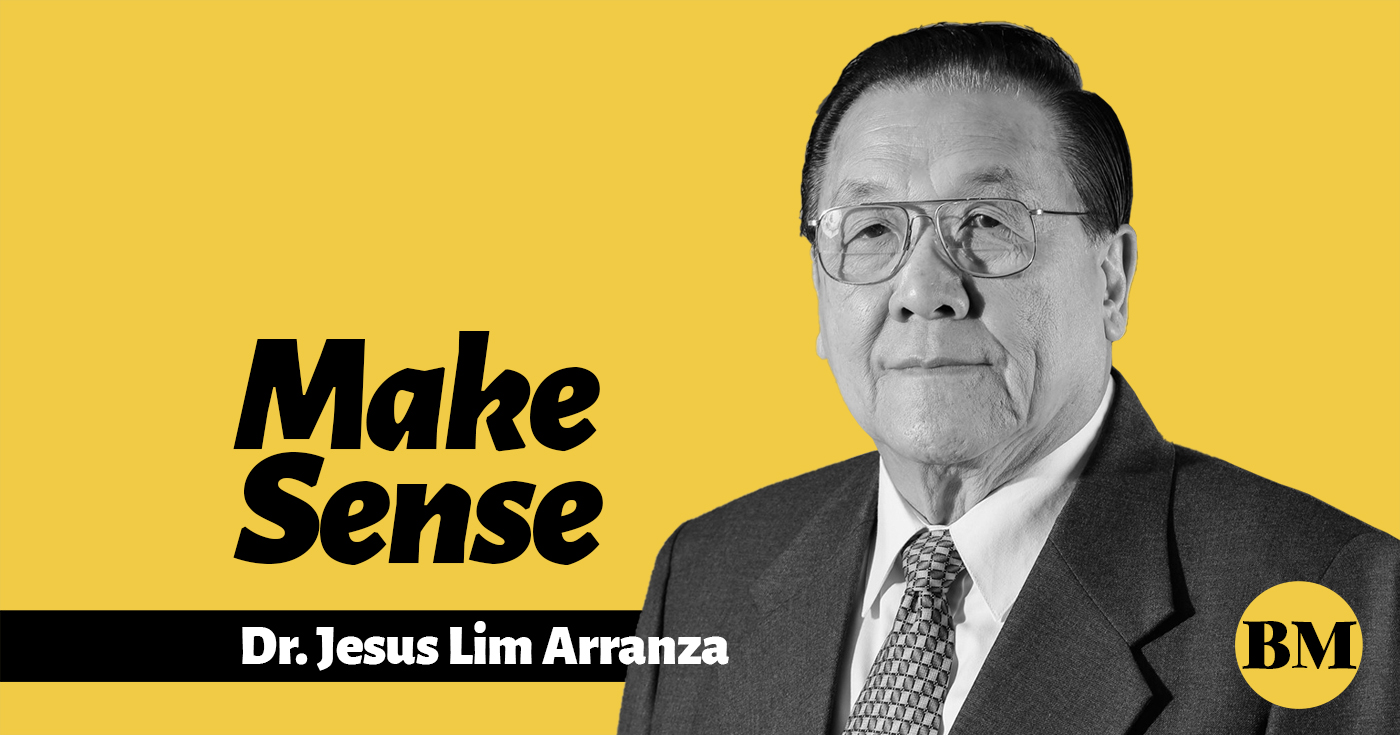
The real squatters are those that can be called informal settlers for they are really poor. Thus, they need government help to be relocated to safer relocation sites. On the other hand, professional squatters are those who are gainfully employed but they choose to live as squatters. Some of them have been illegally occupying government and/or private lands for over 20 years, and they even brag about it. Thus, three-story air conditioned concrete homes are now a common site in many squatter communities.
Squatter communities along water tributaries considered danger zones by the government have been found to be one of the causes of siltation and clogging of critical waterways. Moreover, poor access of fire trucks to squatter colonies poses great risks to entire communities as fire fighters are practically helpless in combating fires in these areas. It is, therefore, imperative for concerned government officials to act on this problem seriously and immediately.
Emboldened by the soft treatment of squatters by the private and public sector, including the church, which even branded squatter colonies as developing communities, squatting has become a problem that needs to be addressed comprehensively at its social, economic and moral aspects.
Addressing this social ill
Solving the problem on squatting is a very tall order. But with determination, commitment and community involvement, squatting can be prevented, especially in areas considered danger zones by government authorities.
To do this, full implementation of housing rules and laws is needed among the barangay officials, utility companies and community members. For instance, local barangays must undertake a census of squatter communities to identify the residents, their livelihood and origin, among others. The procedure should be able to identify the real from the professional squatters.
Second, utility companies, like water and power, should also scrutinize the legitimacy of applicants for water and power service in squatter communities, including the structural integrity of their housing units, which must comply with building regulations such as electrical and sewage plans, among others.
I wonder why utility companies would require land titles as proof of ownership for their property and a duly approved electrical plan by building officials when legitimate homeowners apply for their services. And yet, when squatters apply for power or water service, a barangay clearance is all that is required of them. Does this not pose a fire risk to an entire community of legitimate homeowners and not only the community of squatters?
Who would be liable if homes of legitimate landowners would be burned because of fires that started in squatters colonies? Would local government officials be culpable for reneging on their responsibility to monitor the community of squatters? This, for all intents and purposes, is an act of omission on the part of local government officials.
In 2017, for instance, how many of the fires in Metro Manila originated in squatter communities? A big part of it started in these areas.
Keeping informal settlers off critical waterways is the principal responsibility of barangay officials. Unfortunately, the problem on squatting has become a political issue. It has become an issue between political and community interests.
In vote-rich squatter communities, many politicians do not even want to meddle with the legitimacy issues of squatters. It is about time, therefore, for legitimate property owners like us to have our voice heard by political and business leaders, if only to send the message that we also have our rights as legitimate property owners. And that it is the responsibility of concerned government officials to protect our homes from being conflagrated with fires that started in squatter colonies. And, most importantly, that it is also the responsibility of concerned local government officials to protect our legitimately-owned properties from being illegally occupied by squatters.
























